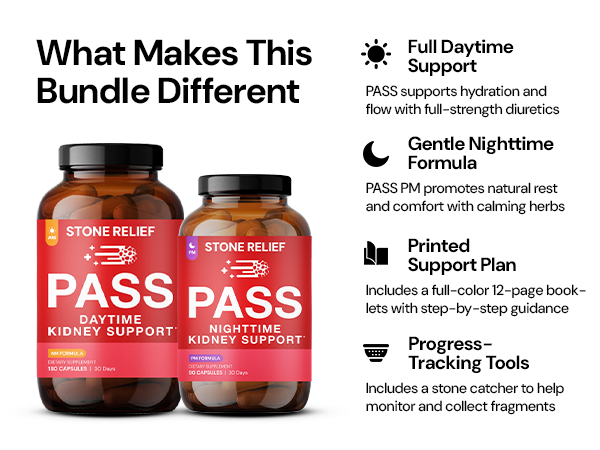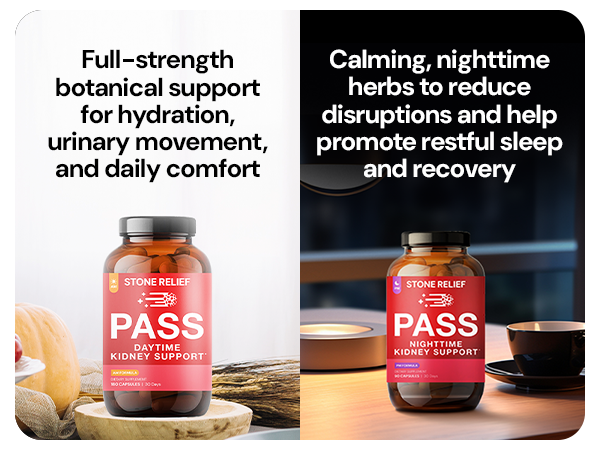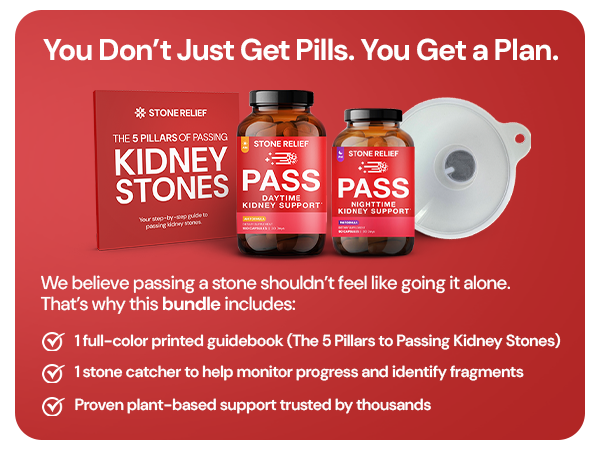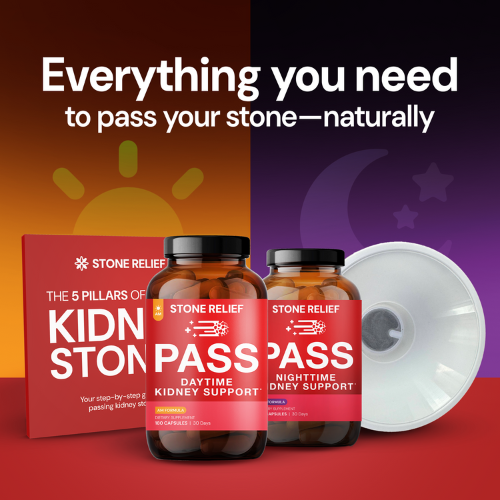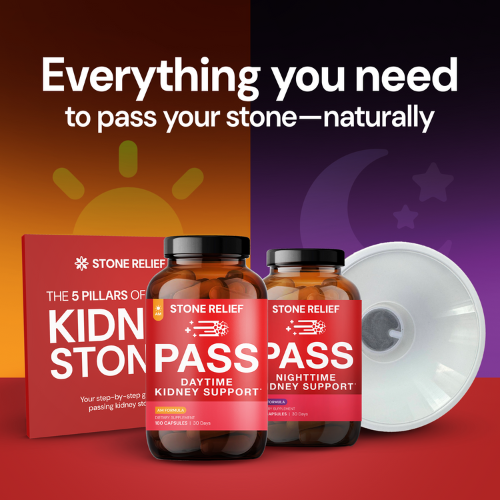The Truth About Brushite Kidney Stones
Brushite kidney stones are among the most dangerous and difficult stones to treat. Exceptionally dense, sharp, and recurring, these rare calcium phosphate stones often resist standard treatments and can wreak havoc on kidney tissue. But despite their complexity, they can be prevented with intentional diet and lifestyle changes.
Key Takeaways:
-
Brushite stones are ultra-dense, often more than 1,000 HU, making them resistant to shockwave treatments.
-
They can form in both acidic and alkaline urine, unlike other stone types.
-
Their formation requires a very specific “crystallization recipe” involving low urine volume, high calcium, low citrate, and slight oxalate presence.
-
An animal-based diet rich in bioavailable nutrients is key to preventing brushite stones.
You’ve probably heard of calcium oxalate or uric acid stones. But there’s a lesser-known stone that’s far more dangerous: the brushite kidney stone.
These stones are incredibly rare but shockingly severe. If you’ve never heard of them, you’re not alone. But for those who suffer from brushite stones, it’s a recurring nightmare that can involve monthly stone events, repeated surgeries, and serious kidney damage.
Let’s break it all down.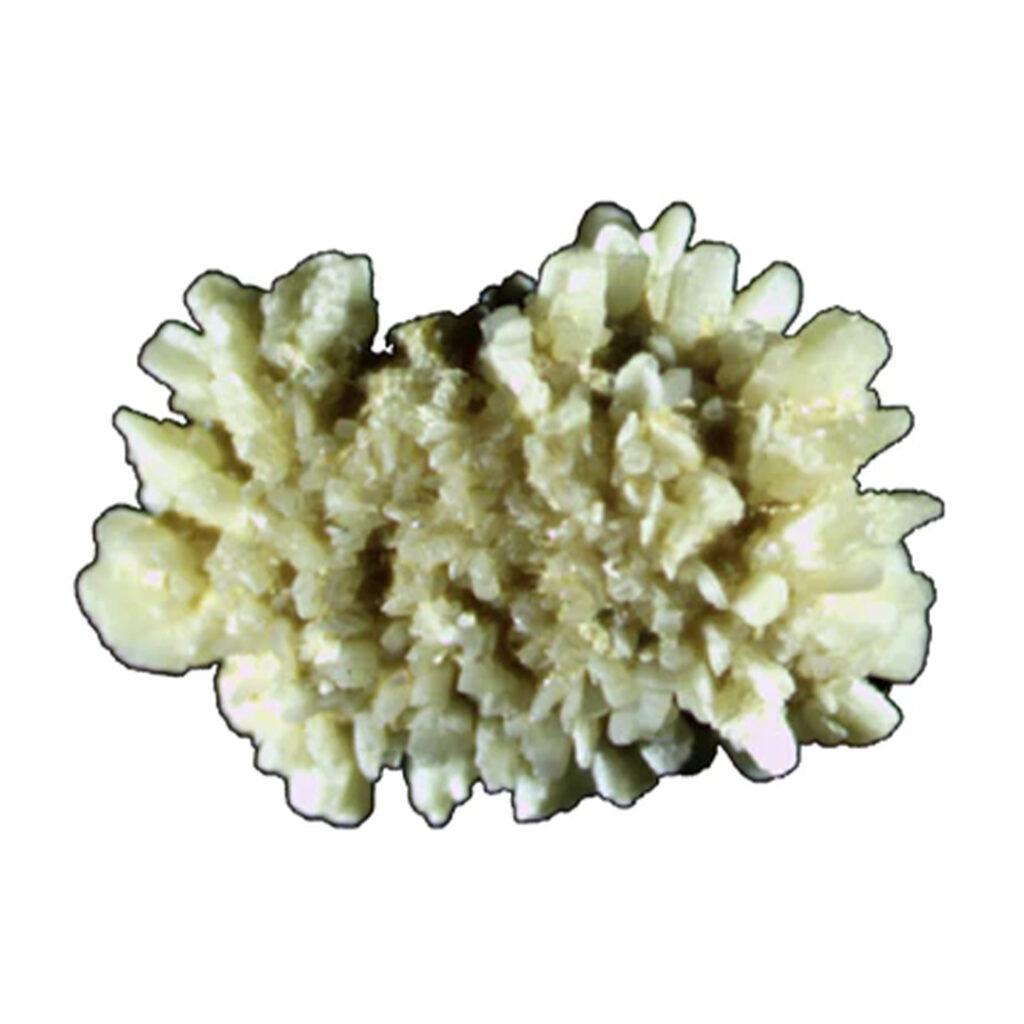
What Are Brushite Kidney Stones?
Brushite stones are a type of calcium phosphate stone—specifically, a calcium monohydrate phosphate crystal.
That “monohydrate” part matters. Just like calcium oxalate monohydrate stones, brushite stones are extremely dense. We're talking 1,000+ Hounsfield Units (HU)—as dense as bone. Some have even measured as high as 1,600–1,800 HU.
That density makes these stones nearly impossible to treat with Shockwave Lithotripsy (SWL). Most patients require multiple surgeries, like ureteroscopy or PCNL, to even make a dent in them—literally.
And if that wasn’t enough?
These stones are often jagged and sharp, which means they can scar and damage kidney tissue just by being present.
🛒 Check Price & Purchase Stone Relief Pass AM/PM Bundle on Amazon
Why Are They So Hard to Treat?
Aside from their extreme density, brushite stones have a nasty recurrence rate.
Many sufferers report passing a brushite stone every month. That’s not just painful—it’s physically and emotionally exhausting.
The strangest part? Their formation requires a very specific biochemical recipe. It's like trying to make a perfect soufflé that doesn’t collapse. Slightly off with one ingredient, and the whole thing changes.
Yet somehow, when brushite stones form, they often come back with a vengeance.
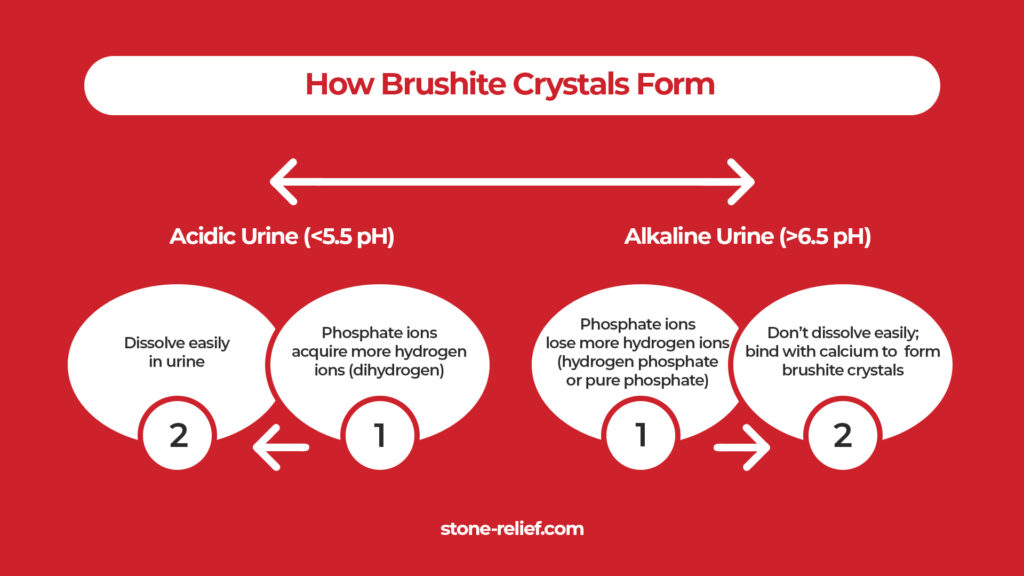
The Wild Crystallization Recipe
Let’s simplify this complex process.
Brushite stones form under very specific conditions:
Low urine volume: Less than 2.5L of urine per day gives stone-forming minerals more time to bind and form crystals.
pH between 6 and 8: Brushite is unique. It can form in both slightly acidic and alkaline urine, unlike most phosphate stones that need only alkaline environments.
Hypercalciuria: More than 250 mg of calcium per liter of urine is a key marker. Many sufferers have calcium coming from synthetic or plant-based supplements their body can’t absorb.
Low citrate levels: Citrate is your armor. It binds to calcium and prevents it from forming crystals. Without it, calcium can bind to oxalate or phosphate and form stones.
Slight oxalate supersaturation: Not too much, not too little. Just enough to tip the scale and allow brushite to form without converting to a calcium oxalate stone.
Uric acid presence: This acts like gasoline on a fire. Even a little uric acid in your urine can increase brushite crystal formation by over 30%.
Metabolic dysfunction: Often, people forming brushite stones have signs of metabolic disease—a result of poor diet, inflammation, and ultra-processed foods.
If this sounds complicated, that’s because it is.
Brushite stones start as brushite but can transform into calcium oxalate stones under slightly different conditions. It's all based on urine chemistry—pH, calcium, oxalate, citrate, uric acid, and more.
🛒 Check Price & Purchase Stone Relief Pass AM/PM Bundle on Amazon
Why Does This Matter?
If you’re forming brushite stones, you don’t just have a stone problem.
You have a metabolic problem.
Most people forming these stones are:
-
Eating ultra-processed foods
-
Consuming synthetic calcium supplements
-
Dehydrated
-
Low in real citrate and bioavailable calcium
-
Inflamed and stressed
The good news?
You can fix it.
How to Prevent Brushite Kidney Stones
Let’s keep it simple.
Here’s what actually works to stop brushite kidney stones from forming:
1. Switch to an Animal-Based Diet
This is priority #1.
A proper animal-based diet is naturally:
-
Hydrating (meat, fruit, and dairy are water-rich)
-
Balanced in bioavailable calcium
-
Low in oxalates
-
Rich in natural citrate (from fruit)
-
Anti-inflammatory
And guess what? It also improves urine pH, landing you in the neutral range—right where you want to be.
2. Eliminate Synthetic Calcium Supplements
If you’re taking calcium that’s not from dairy, bone, or whole food, your body probably doesn’t recognize it.
It ends up in your urine, not your bones—and contributes to stone formation.
3. Eat Real Fruit for Citrate
Citrate prevents calcium from binding to phosphate or oxalate.
It’s protective.
But citric acid from processed foods doesn’t count. That’s usually from black mold fermentation, not fruit.
Stick to real, ripe fruit like:
-
Mixed berries
-
Bananas
-
Avocados
4. Hydrate—With Moisture-Rich Foods and Water
Meat, dairy, and fruit are naturally hydrating.
But yes—you still need to drink water. Shoot for at least 2.5L of total fluid per day.
5. Cut Out Oxalates and Processed Foods
If you want to avoid brushite stones, you’ve got to stop feeding the problem.
That means no nuts, seeds, spinach, wheat, or potatoes.
And absolutely no seed oils, processed sugar, or alcohol.
These destroy your metabolism and send uric acid levels skyrocketing.
🛒 Check Price & Purchase Stone Relief Pass AM/PM Bundle on Amazon
Brushite Stones Are Brutal—But You’re Not Powerless
Yes, brushite kidney stones are brutal.
But they’re also preventable.
No matter how complex the crystallization recipe is, it can be stopped with simple, consistent diet changes.
And when you make these changes, you won’t just avoid stones—you’ll feel better overall.
More energy. Less stress. Fewer doctor visits. More control.
Want to learn more? Join the community of people putting an end to their kidney stones—for good.

